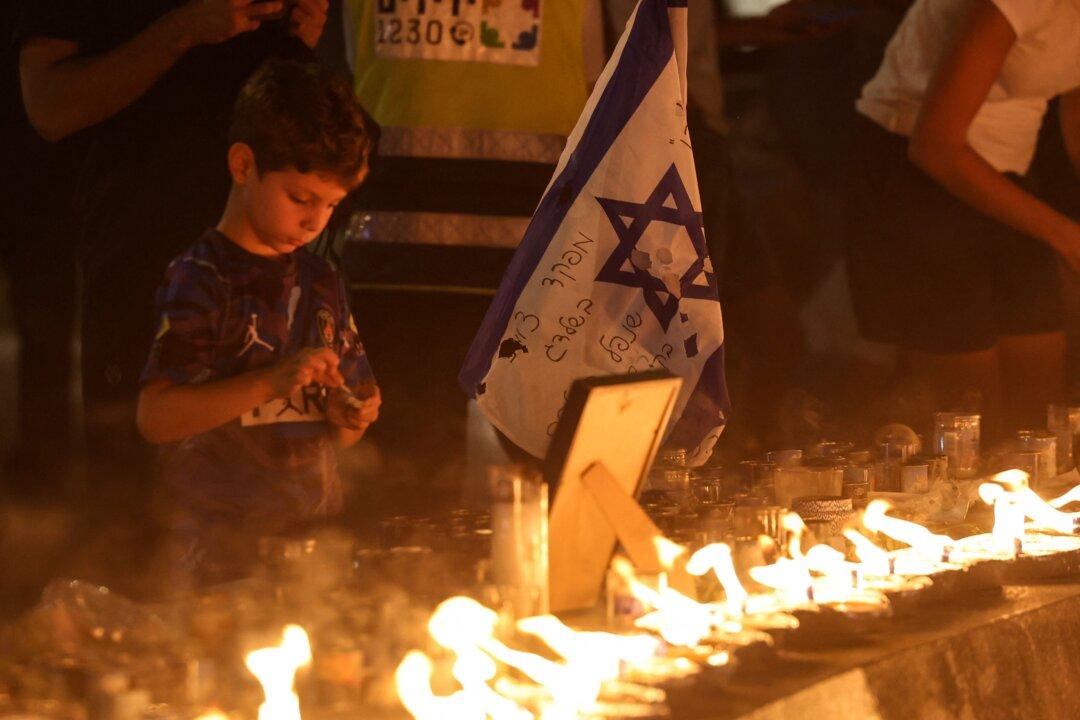Tal Hartuv gives an unforgettable TED Talk, one of those mini lectures presented live to audiences and circulated widely online.
It’s primarily memories of a day in 2010 when she went hiking with a friend near Jerusalem.

Tal Hartuv gives an unforgettable TED Talk, one of those mini lectures presented live to audiences and circulated widely online.
It’s primarily memories of a day in 2010 when she went hiking with a friend near Jerusalem.